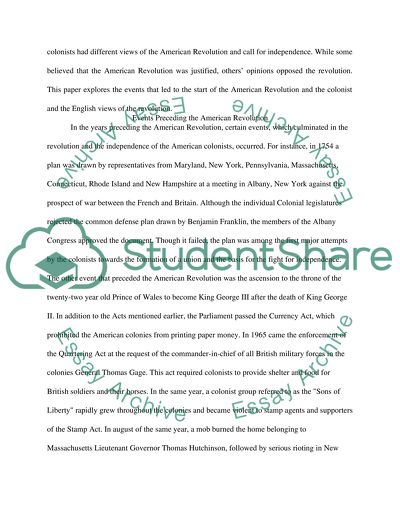Cite this document
(“US History project 1A Essay Example | Topics and Well Written Essays - 1000 words”, n.d.)
US History project 1A Essay Example | Topics and Well Written Essays - 1000 words. Retrieved from https://studentshare.org/history/1452940-us-history
US History project 1A Essay Example | Topics and Well Written Essays - 1000 words. Retrieved from https://studentshare.org/history/1452940-us-history
(US History Project 1A Essay Example | Topics and Well Written Essays - 1000 Words)
US History Project 1A Essay Example | Topics and Well Written Essays - 1000 Words. https://studentshare.org/history/1452940-us-history.
US History Project 1A Essay Example | Topics and Well Written Essays - 1000 Words. https://studentshare.org/history/1452940-us-history.
“US History Project 1A Essay Example | Topics and Well Written Essays - 1000 Words”, n.d. https://studentshare.org/history/1452940-us-history.


